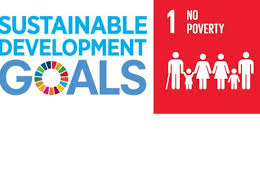As advocacy and awareness for sustainability and sustainable business operations gather much momentum globally, businesses are falling for the temptation of staying on at all cost, whereas some other businesses are rushing to conclusion thereby making false and unfounded claims about sustainability. Terrafiniti puts it differently, ‘as companies (and NGOs) seek to demonstrate what they’re doing, and reap competitive advantage from their sustainability efforts, they risk making at best unclear and at worst false claims’. Businesses globally are fine-tuning their marketing campaigns to secure sustainability quick wins before a consumer population that is increasingly becoming more eco-conscious and ready to vote with their feet. Whether they be unclear assertions or false claims, communicating untrue sustainability footprints of an entity or false eco-potentials of a product to secure consumer patronage is GREENWASHING. This trend is becoming global by spread, ubiquitous by industry, multi-faceted in dimension, yet fast-evolving. Greenpeace caps it thus: Greenwashing is a PR tactic that’s used to make a company or product appear environmentally friendly without meaningfully reducing its environmental impact.
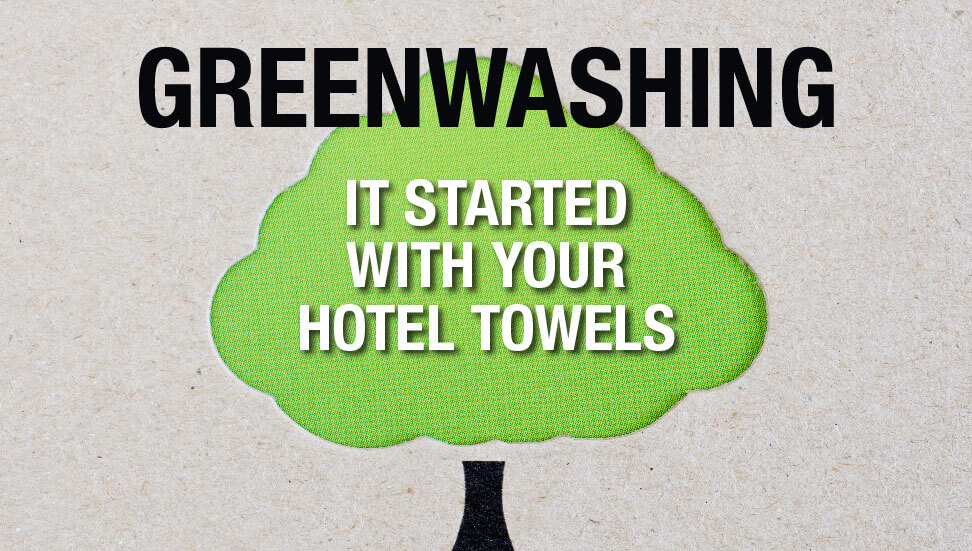 Re-using the Towel
Re-using the Towel
Greenwashing is embedded in elaborate, colourful and well- publicized sustainability reports; product packages and labels have been fingered as recent and more pronounced media for Greenwashing. From a historical perspective, Greenwashing is regarded to have been introduced into global literature following its mention in the 1986 work of Jay Westerveld, the American environmentalist and researcher of habitats associated with endangered species. In that publication, Westerveld claimed hotels were falsely promoting the re-use of towels under the guise of environmental stewardship, when in actual fact, the campaign was a cost-saving measure. Over three decades afterwards, Westerveld’s example still remains a classic reference to modern day Greenwashing. The same hotel which pasted a sustainability message in the bathroom promoting re-use as a sustainability strategy is contributing to global carbonization, running generators for 24-hours rather than invest in solar and other clean energy sources. Same hotel still delivers your laundry with Polythene wrappers thereby adding to the global plastic burden. Same hotel allows staff to work extended hours without adequate compensation.
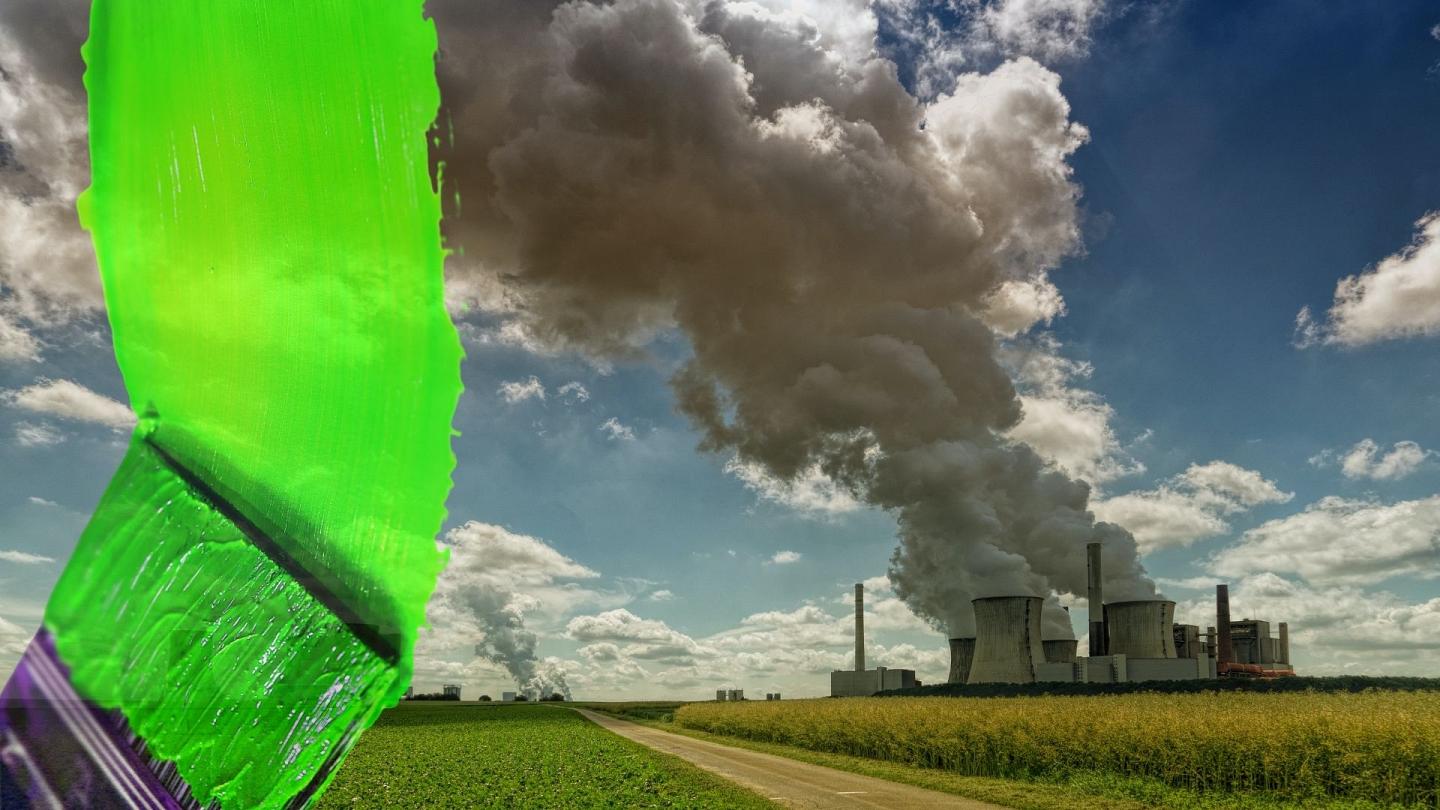 Like their compatriots in the hospitality industry, the banking, retail, manufacturing, transportation, energy, services, etc, are all guilty of the paradox of re-using the towel. The banking industry is greenwashing at a much higher cost. The same bank that goes about displaying economic sustainability, making donations and sponsoring social events to lure depositors, soon goes down in financial distress dragging down lives and life-long fortunes; the ‘successful ones’ feed on customers via fees and fines, doing little around financial intermediation or improving financial inclusion. Same big Retailers preaching lower and cheaper prices are the highest agents of plastic pollution as they send shoppers to the street with polythene bags that end up in the Landfills, Drainages and Oceans. What else can we say about manufacturers whose power generators deafen the neighborhood, choking them with black soot, yet they run to the media with half-hearted almsgiving in the name of CSR; they report taxes paid to government as value creation but makes no mention of the plastic pollution their cost-saving PET packaging leaves in their trail. Transporters (air, sea, land and rail) only preach about inclusion and economy but say nothing about their carbon footprint. Greenwashing by energy giants lives in the hypocrisy they bandy across different continents: obey laws at home where regulation is strong but flare gas uncontrollably in Africa where regulation is weak. One thing is certain, advocacy will soon leave the towels hanging without use as consumers and indeed the public begin to vote with their feet.
Like their compatriots in the hospitality industry, the banking, retail, manufacturing, transportation, energy, services, etc, are all guilty of the paradox of re-using the towel. The banking industry is greenwashing at a much higher cost. The same bank that goes about displaying economic sustainability, making donations and sponsoring social events to lure depositors, soon goes down in financial distress dragging down lives and life-long fortunes; the ‘successful ones’ feed on customers via fees and fines, doing little around financial intermediation or improving financial inclusion. Same big Retailers preaching lower and cheaper prices are the highest agents of plastic pollution as they send shoppers to the street with polythene bags that end up in the Landfills, Drainages and Oceans. What else can we say about manufacturers whose power generators deafen the neighborhood, choking them with black soot, yet they run to the media with half-hearted almsgiving in the name of CSR; they report taxes paid to government as value creation but makes no mention of the plastic pollution their cost-saving PET packaging leaves in their trail. Transporters (air, sea, land and rail) only preach about inclusion and economy but say nothing about their carbon footprint. Greenwashing by energy giants lives in the hypocrisy they bandy across different continents: obey laws at home where regulation is strong but flare gas uncontrollably in Africa where regulation is weak. One thing is certain, advocacy will soon leave the towels hanging without use as consumers and indeed the public begin to vote with their feet.

The Pandemic
The statistics are not smiling at all. CMA’s Global sweep reports that 40% of firms’ green claims could be misleading to stakeholders. If so, who would believe the remaining 60% with certainty. According to the CMA report, the misleading information include:
- Vague claims and unclear language including terms such as ‘eco’ or ‘sustainable’ or reference to ‘natural products’ without adequately explaining or providing evidence of the claims.
- Including brand eco logos and labels that are not associated with any accredited organization.
- Hiding or omitting certain information, such as a product’s pollution levels, to appear more eco-friendly.
In a study of 50 major European fashion brands, studied across 4000 products, Changing Markets Foundation reports that nearly 60% of sustainable fashion claims are Greenwashing. In UK, consumers spend about £54 billion annually on clothing and footwear (data by CMA) this trend is expected to continue in the coming years, yet fashion is responsible for between 2% and 8% of global carbon emissions. CMA is reviewing cloth makers claims that individual items of clothing are sustainable or better for the environment; claims about use of recycled materials in new clothing and entire ranges of clothing within stores being branded as ‘sustainable’ even as Changing Markets Foundation reported high use of synthetic fibre in clothes branded as sustainable.
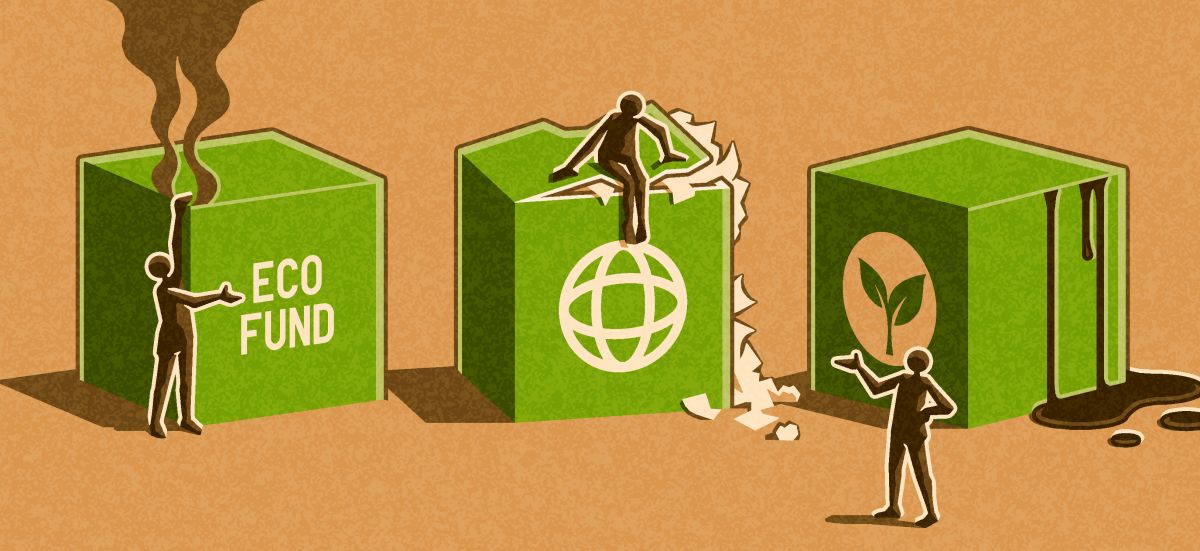 From real sector to financial services, even with the quantum leap in green bond issuance global, industry watchers report a lack of transparency around instrument labelling, reporting, and data disclosure which leaves many stakeholders asking whether greenwashing has dented the narratives. Climate Bonds Initiative (CBI), based on a review of all green bonds in the Climate Bonds Database issued between November 2017 and March 2019, reported that only 77% of green bond issuers publicly disclosed the allocation of proceeds while only 59% quantified the environmental impact of the projects financed.
From real sector to financial services, even with the quantum leap in green bond issuance global, industry watchers report a lack of transparency around instrument labelling, reporting, and data disclosure which leaves many stakeholders asking whether greenwashing has dented the narratives. Climate Bonds Initiative (CBI), based on a review of all green bonds in the Climate Bonds Database issued between November 2017 and March 2019, reported that only 77% of green bond issuers publicly disclosed the allocation of proceeds while only 59% quantified the environmental impact of the projects financed.
Across industrial divides worldwide the pandemic looms as the culprits are recruiting reputed PR firms to perfect the act of selling lies and Greenwashing. However, the pandemic should be of more concern to the businesses than the consumers, because the later are getting set for a walk.
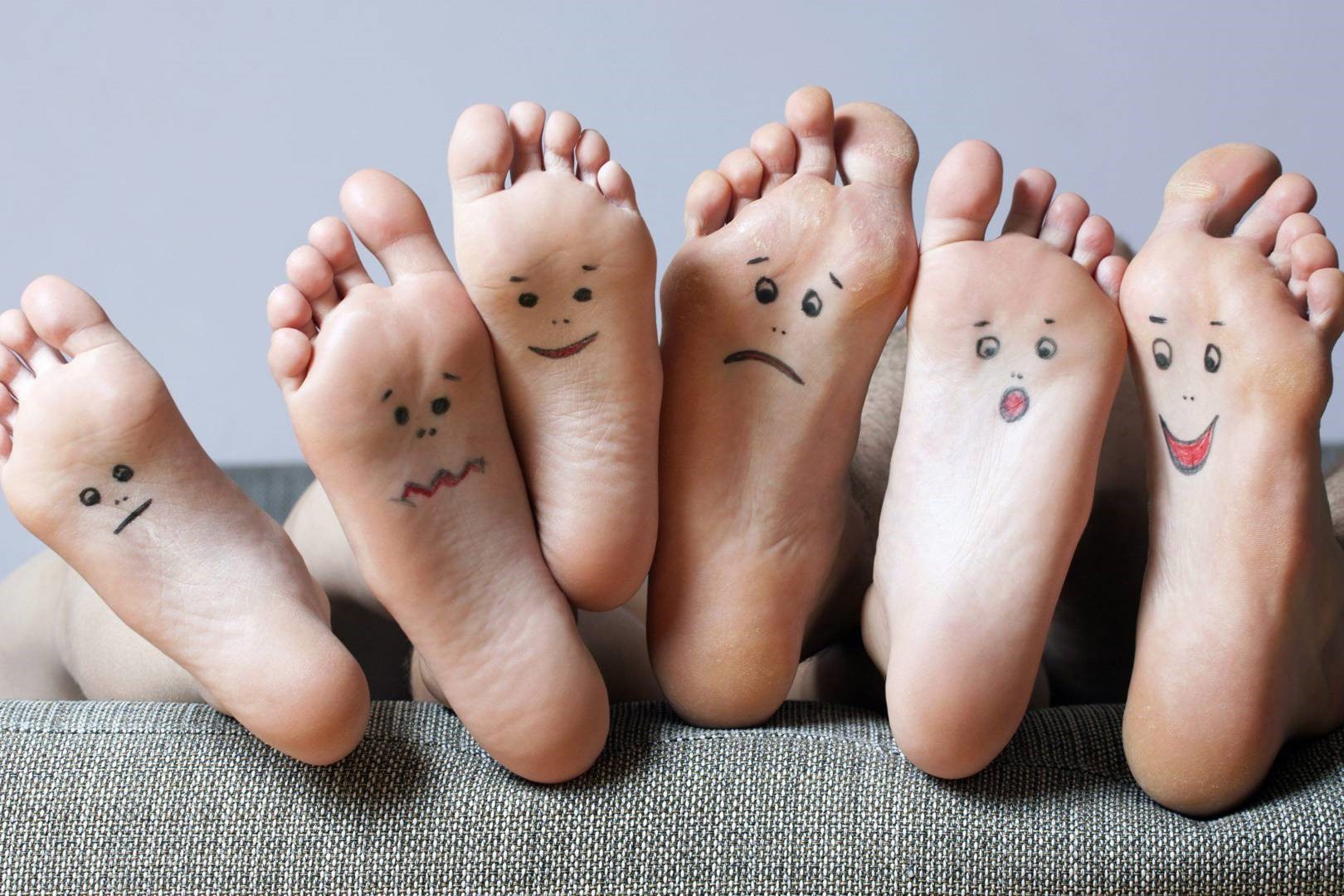 Voting with the Feet
Voting with the Feet
In the Nigerian parlance the consumers are saying – our mumu don do, meaning our days of naivety are over. Terrafiniti warns that persistent greenwashing undermines the wider understanding of sustainability, erodes trust, adds confusion and fuels cynicism. A Nigerian company producing teething powder for babies disappeared from the market (and the owners suffered prosecution) the day Nigerian mothers found out that the product did more harm to their babies than soothing the babies’ pain of teething. As part of the lessons from the Covid-19 pandemic, experts warn that authenticity, trust and empathy remain the winning traits of those brands that remained ‘on air’ and relevant to consumers emerging needs. As in the words of Friedrich Nietzsche, “I’m not upset that you lied to me, I’m upset that from now on I can’t believe you”. As Greenwashing continues to break the bond of trust between business and stakeholders (especially, consumers), an economic pandemic may be in the Chillers waiting to be served to irresponsible corporate citizens through consumer boycotts. The only remedy is for global corporate citizens to keep their sustainability claims clear, accurate and substantiated.

The CSR Arena is a CSR advocacy and sustainability-reporting-analysis champion. We encourage and celebrate effective CSR and positive social impact by responsible corporate citizens; we celebrate international best practices in sustainability reporting across different economic divides. Our goal is to realize the dream of development scholars that, ‘corporates, more than governments, would bring about the much needed sustainable development across the globe. We partner with FBOs, NGOs, CBOs, governments and corporates to spread the message of sustainable development and corporate sustainability. Our platforms bear tales of good corporate citizenship – grab the microphone that you may be heard. Contact: news@thecsrarena.com


